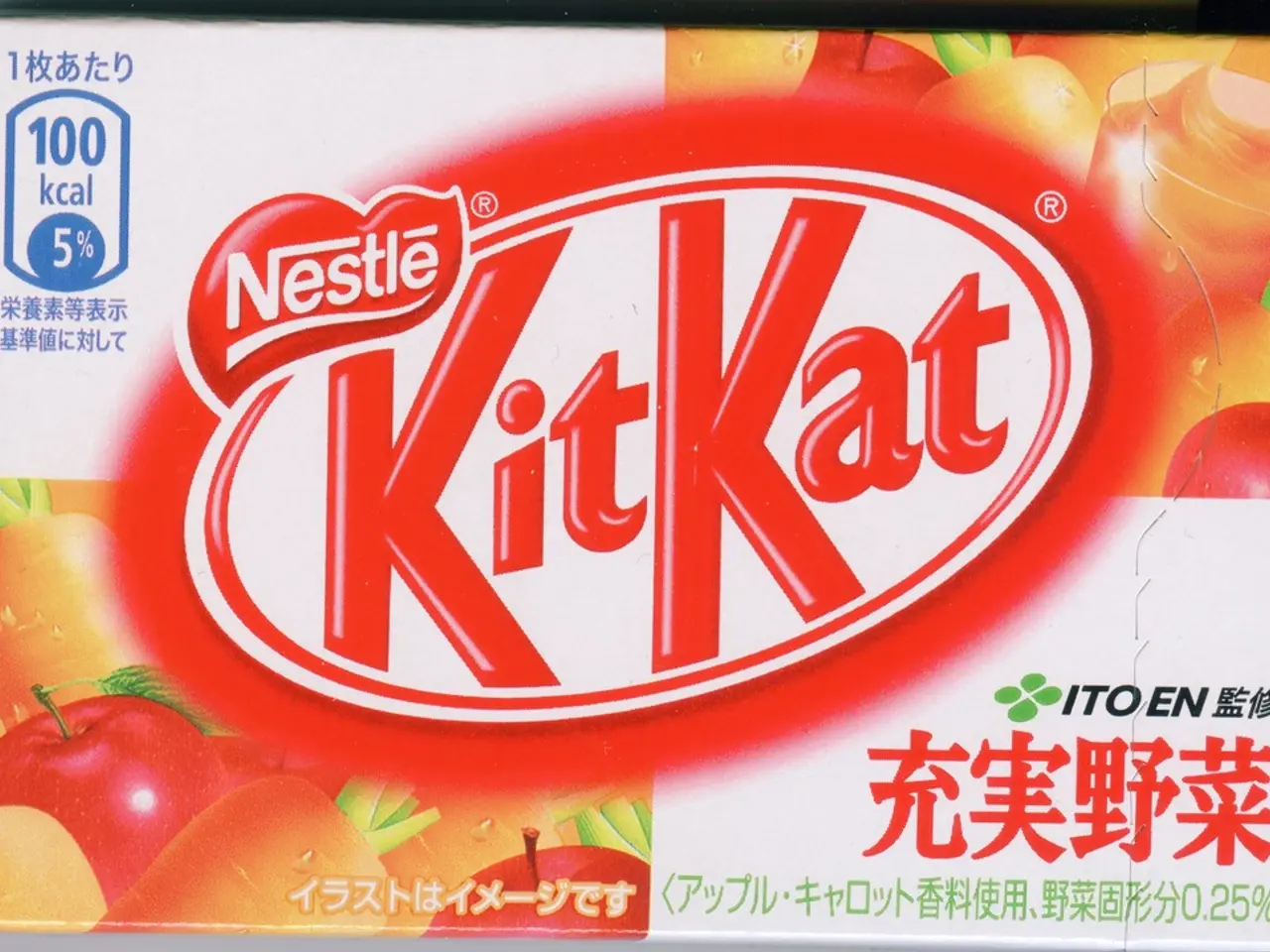1. Persistent carbs consumption
### Struggling to Lose Weight on Keto? Here's What You Need to Know
Many people turn to the ketogenic diet as a means to shed excess pounds, but some find themselves stuck in a weight loss plateau or unable to achieve ketosis. A closer look at the diet and lifestyle factors can help identify the reasons behind these challenges.
#### Calorie Surplus from High-Fat Foods
Even on a ketogenic diet, consuming large portions of fatty meats, excess cooking oils, butter, nuts, seeds, or multiple servings of keto-friendly desserts can lead to excess calorie intake, which prevents weight loss.
#### Poor Diet Quality and Nutrient Deficiencies
Simply hitting low-carb macros is not enough. A diet lacking in nutrient diversity, fiber, and gut-supporting foods (like low-carb vegetables and fermented foods) can impede weight loss. Poor gut health may prevent effective weight loss even if one is in ketosis.
#### Alcohol Consumption
Alcohol provides extra non-nutritious calories and is metabolized first, which can delay fat burning and cause weight loss stalls on keto.
#### Stress and Poor Sleep
Chronic stress raises cortisol levels, increasing carb cravings, hunger, and abdominal fat. Poor sleep similarly disrupts appetite regulation and metabolism, making it harder to lose weight.
#### Lifestyle Factors
Hydration, exercise, stress management, movement, avoiding tobacco, and limiting alcohol all influence keto success beyond just food intake.
#### Individual Metabolic or Medical Conditions
Some people may have genetic or metabolic disorders that affect fat metabolism or ketosis, making the keto diet unsuitable or less effective. For example, disorders of fatty acid oxidation can lead to dangerous complications on keto.
#### Factors That Can Prevent Ketosis
- **Excessive Carb Intake:** Consuming too many carbohydrates will raise insulin and prevent the body from producing ketones. - **Too Much Protein:** Excess protein can be converted into glucose through gluconeogenesis, potentially disrupting ketosis. - **Alcohol Intake:** Alcohol metabolism can interrupt fat burning and ketone production. - **Inadequate Fat Intake:** Not eating enough fat may prevent the body from switching fully to fat as its primary fuel source. - **Certain Medical Conditions:** Disorders affecting fat metabolism, liver, or pancreas health can prevent ketosis or make the diet unsafe. - **Medications and Hormonal Factors:** Some medications or hormonal imbalances can affect ketone production and fat metabolism.
If weight loss stalls or ketosis is hard to achieve, evaluating these factors and possibly consulting with a healthcare provider or dietitian can help tailor the approach effectively.
It's important to remember that the ketogenic diet may have other benefits, such as managing acne, improving heart health, reducing the risk of certain cancers, and impacting brain health. However, weight loss isn't guaranteed just by following low-carb macros. Calorie control, quality nutrient intake, managing stress and sleep, limiting alcohol, and addressing individual health conditions are critical for successful weight loss and maintaining ketosis.
If a person does not consume enough fat on a keto diet, they may not feel full and may snack too much, leading to weight gain. During ketosis, the body burns fat for energy instead of glucose. Carbohydrates should represent 5-10% of a person's calorie intake on the ketogenic diet, while protein should account for about 25%. Alcoholic drinks, such as wine or beer, are high in carbohydrates. Chronic stress can cause people to crave comfort foods, adding extra calories to the diet. Exercise is important for stimulating the body's metabolism and burning calories.
- Struggling to achieve ketosis might be due to excessive carb intake, which raises insulin and prevents the body from producing ketones.
- A diet lacking in nutrient diversity, fiber, and gut-supporting foods can impede weight loss, even if one is in ketosis.
- If weight loss stalls or ketosis is hard to achieve, evaluating lifestyle factors like hydration, exercise, stress management, movement, avoiding tobacco, and limiting alcohol can help.
- Some medical conditions, such as disorders of fatty acid oxidation, can make the keto diet unsuitable or less effective due to their effects on fat metabolism or ketosis.
- Consuming large portions of fatty meats, excess cooking oils, butter, nuts, seeds, or multiple servings of keto-friendly desserts can lead to excess calorie intake, which prevents weight loss.
- Poorsleep significantly disrupts appetite regulation and metabolism, making it harder to lose weight.
- Alcohol provides extra non-nutritious calories and is metabolized first, which can delay fat burning and cause weight loss stalls on keto.
- Type 2 diabetes and other nutrition-related health issues, like ulcerative colitis, can be linked to a high-carbohydrate diet and poor nutrition, prompting a shift towards keto for weight management and improved health.
- A carbinadequate fat intake may prevent the body from switching fully to fat as its primary fuel source, leading to feelings of hunger and potential weight gain on the ketogenic diet.
- It's essential to remember that the ketogenic diet may have other benefits, such as managing acne, improving heart health, reducing the risk of certain cancers, and impacting brain health.
- The science of health-and-wellness and nutrition continues to evolve, with new types such as the keto diet emerging alongside other diets like the bipolar diet for bipolar disorder and the predictive carbohydrate response for blood sugar management.




